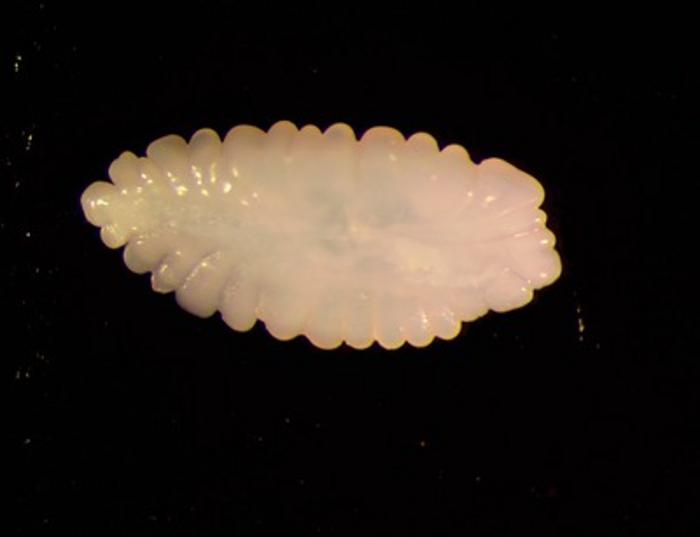Marine heat waves appear to trigger earlier reproduction, high mortality in early life stages and fewer surviving juvenile Pacific cod in the Gulf of Alaska, a new study shows. These changes in the hatch cycle and early growth patterns persisted in years following the marine heat waves, which could have implications for the future of Gulf of Alaska Pacific cod, an economically and culturally significant species,

Credit: Jessica Miller, Oregon State University
Marine heat waves appear to trigger earlier reproduction, high mortality in early life stages and fewer surviving juvenile Pacific cod in the Gulf of Alaska, a new study shows. These changes in the hatch cycle and early growth patterns persisted in years following the marine heat waves, which could have implications for the future of Gulf of Alaska Pacific cod, an economically and culturally significant species,
Journal
Elementa Science of the Anthropocene
DOI
10.1525/elementa.2023.00050
Method of Research
Data/statistical analysis
Subject of Research
Animals
Article Title
Warmer, earlier, faster: Cumulative effects of Gulf of Alaska heatwaves on the early life history of Pacific cod
Article Publication Date
18-Jan-2024




